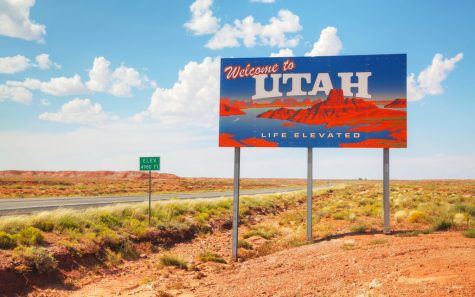The American Banking Association is looking at cannabis banking
Thor Benson / Cannabis News Box Contributor
It’s looking like banks may want to work with cannabis businesses or at least learn more about working with them. The American Banking Association, which is the largest organization that represents banks in America, is asking its members about banking with cannabis businesses. In the email, the group says it wants to know more about how banks have handled dealing with or not dealing with cannabis businesses.
“Marijuana/cannabis has been legalized in some form by 31 states but remains illegal under federal law,” the email states. “As a result, banks face significant risks in serving this industry, including criminal and civil penalties as well as bank regulatory action. ABA would like to learn more from bankers about how the lack of legal clarity regarding cannabis and banking is impacting banks and their communities.”
Most banks won’t work with cannabis businesses because cannabis is illegal at the federal level, which means many cannabis businesses are operating solely using cash. This causes many logistical and security problems for the cannabis businesses that have to operate this way. That said, some banks have decided it’s not too risky to work with cannabis businesses, as no bank has been prosecuted for doing so.
“There are reportedly more banks than ever providing services to legal cannabis businesses, so it appears they are very much interested in working with the industry,” Mason Tvert, a spokesperson for the Marijuana Policy Project, told Cannabis News Box.
Even so, most banks are not working with cannabis businesses, especially the larger banks. Tvert said that some banks are fine with following the guidelines laid out by the Financial Crimes Enforcement Network (FinCEN) so they can work with these businesses, but many don’t think it’s worth the risk.
“Many financial institutions will not be comfortable until the banking issues are addressed statutorily and all legal risk is eliminated,” Tvert said. “While some banks are willing to go through the due diligence that FinCEN has advised, many likely do not feel it is worth the trouble.”
Tvert said it’s up to Congress to adjust the law here and make it so banks can safely work with cannabis businesses without fearing prosecution or other penalties, which has been discussed many times but never acted on. Until then, thousands of cannabis businesses across the nation will be unable to operate in the same way businesses in every other industry are able to operate. Legalizing cannabis at the federal level would also, of course, solve this problem.













